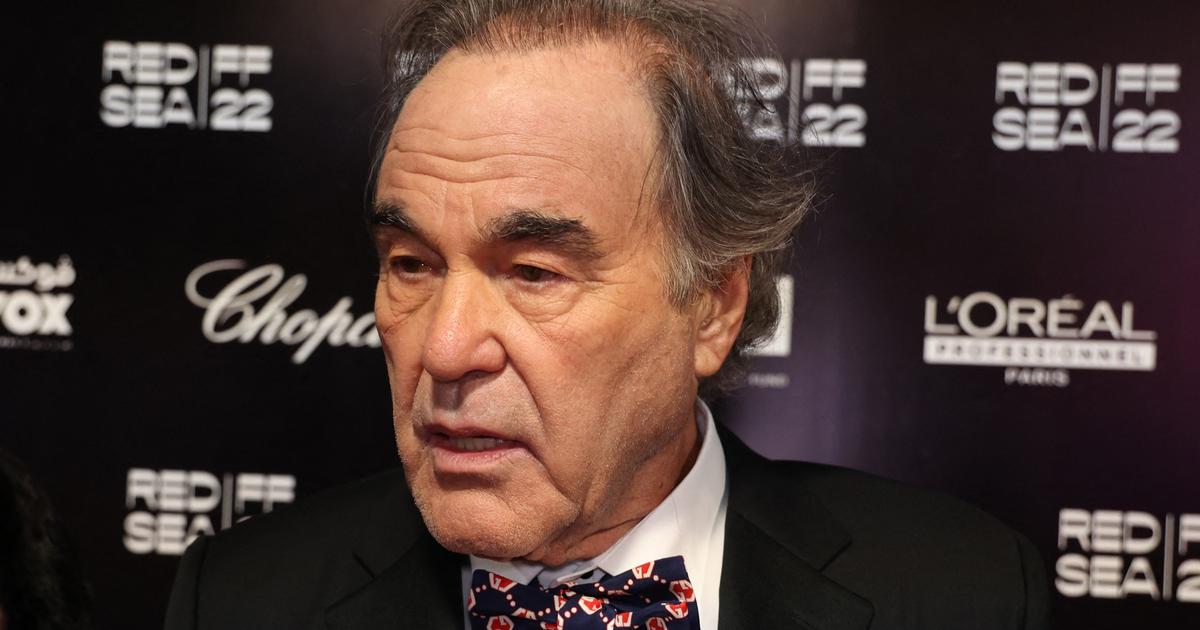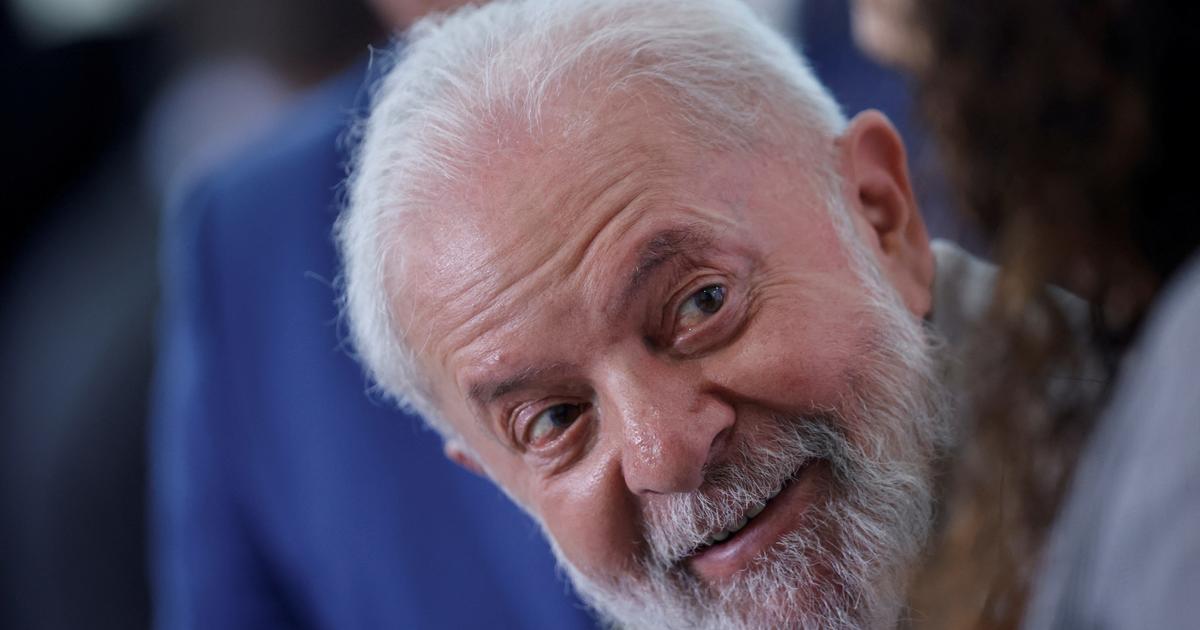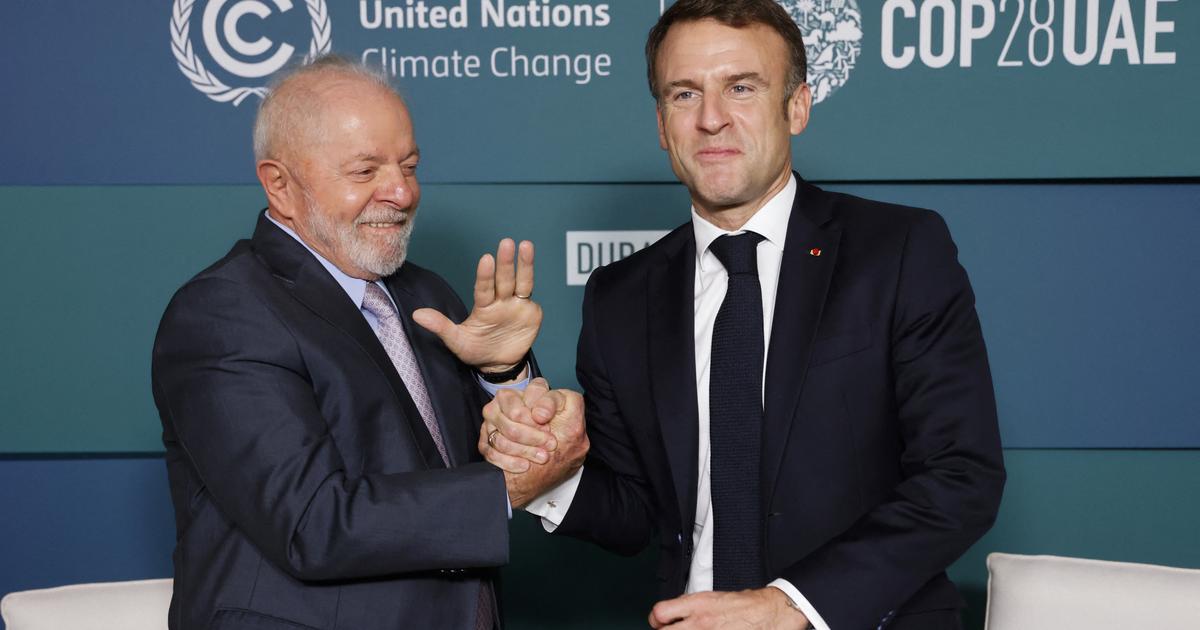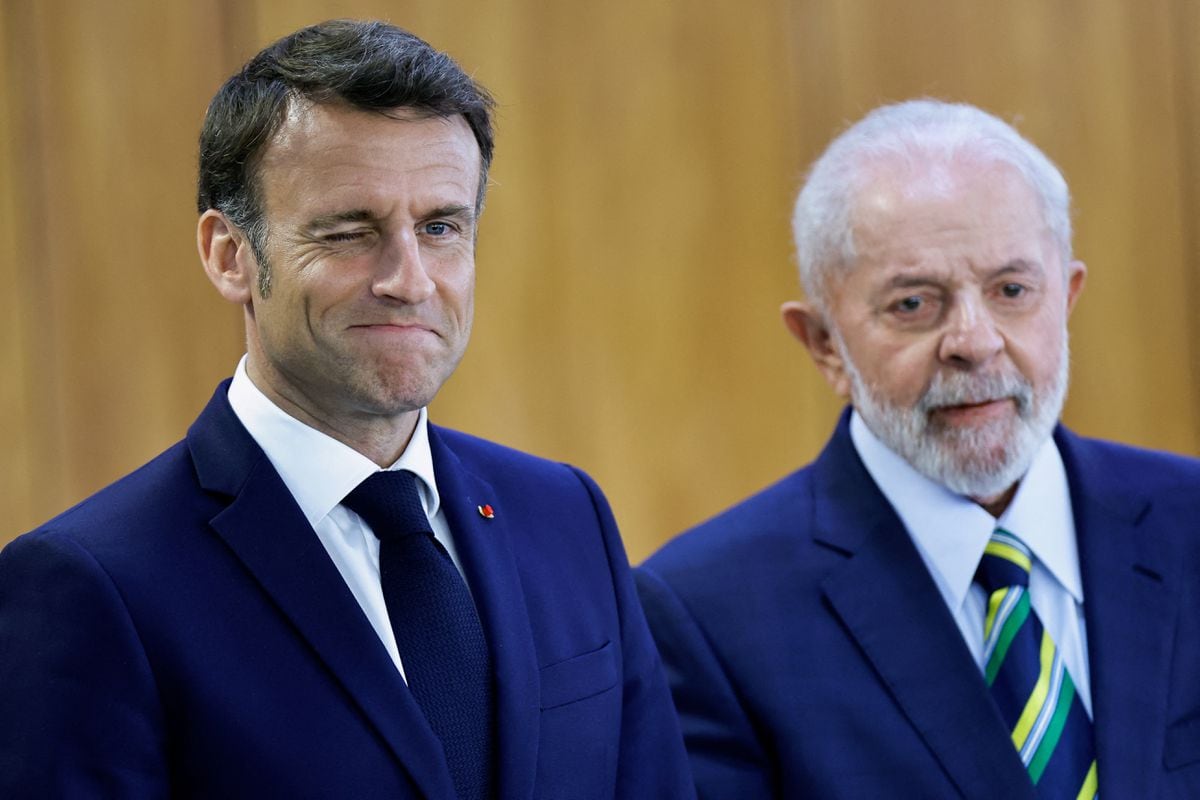Santiago Abascal, right, and Eduardo Bolsonaro, son of the current president of Brazil, in June 2020. Europe Pres
Vox proposes to end the so-called "political spending" and has managed to get the Junta de Castilla y León to cut subsidies to employers and unions by 50%, but has not renounced any of the public aid that corresponds to it.
Santiago Abascal already had a foundation, Defense of the Spanish Nation (Denaes), years before creating Vox, but it could not benefit from the subsidies that the law grants to foundations linked to parties based on their number of votes and seats.
For this reason, Vox created its own foundation, Disenso, in July 2020, which has already received 92,342 euros in public aid and expects to obtain another 112,342 this year.
The main public subsidy entered so far by Disenso was granted last November by the Ministry of Culture and Sports, within a package of half a million euros whose objective was the "promotion of activities of study and development of political, social and cultural activities carried out by foundations and associations linked to political parties”.
According to the results of the general elections of November 2019, the Abascal foundation was the third most benefited, behind those of the PSOE and the PP, with 77,762.98 euros.
According to Disenso, this public subsidy has been used to finance a documentary against the São Paulo Forum, a platform that brings together left-wing Latin American parties, from social democrats to communists.
The film, which is just under half an hour long, alternates historical images with interviews with leaders of Vox and its allies, including Abascal himself.
One of his main protagonists is Eduardo Bolsonaro, son of the current president of Brazil and deputy for São Paulo, who attacks his father's main rival in the elections on October 2, former president Luiz Inácio Lula da Silva. .
“They are talking on the street that Lula is free, [that he] is a politically persecuted person, when we know he is the protagonist of the biggest corruption scandal in the history of Brazil,” he says.
Jail Bolsonaro's son is not the only one who attacks Lula in the Vox documentary.
Cuban writer Zoé Valdés declares that "Lula became what we already know today that he is: a corrupt man."
For her part, Venezuelan politician María Corina Machado assures that "several members [of the São Paulo Forum] have been prosecuted for corruption, such as former Brazilian president Lula da Silva," while Peruvian journalist Aldo Mariátegui assures that Brazilian construction companies they made a pact with Lula to "distribute bribes [bribes] everywhere."
Lula, president of Brazil between 2003 and 2010, was convicted of corruption and spent 19 months in jail, which prevented him from standing in the previous 2018 elections, but the Supreme Court annulled the convictions, thus allowing his political rehabilitation, and the The impartiality of the judge who sentenced him was called into question when he became Bolsonaro's Minister of Justice.
The Disenso documentary, subsidized by the Ministry of Culture, not only attacks Lula and other parties of the Latin American left, but also Podemos and the Government of Pedro Sánchez.
"I am sure that the Spaniards are going to change their position and remove the socialists from power because, if they don't, Spain will be the next Venezuela," says Eduardo Bolsonaro.
“One more degree [of temperature] would be advantageous”
In addition, the Vox foundation has received a grant from the Ministry of Foreign Affairs to finance "activities within the framework of the Spanish Cooperation Master Plan for party-dependent foundations and associations";
activities that in theory are aimed at the "training, consolidation and dissemination of the democratic system, especially in priority countries" of Spanish development cooperation.
In this case, the subsidy, of 34,580 euros, has been dedicated to financing an electoral observation mission and the preparation of a report on "the negative consequences of the 2030 Agenda", the program for the sustainable development of the planet approved in 2015 by the Assembly General of the United Nations.
The report of the Disenso Foundation on the 2030 Agenda criticizes the UN Sustainable Development Goals and ensures that the first two (“end poverty in all its forms and throughout the world” and “end hunger, achieve food security and improved nutrition and promoting sustainable agriculture”) “distil in their goals and indicators a fairly detectable whiff of communism and expropriation”.
It also disqualifies the fight against climate change, assuring that, “in reality, the increase of 1 degree Celsius [in the average temperature of the Earth] since the 19th century has been favorable for humanity, and possibly one more degree would still be advantageous. (with regional differences,
None of these ideas are new to Vox.
What is new is that the report bears the logo of the Spanish Agency for International Cooperation and Development (AECID), since it has been financed with its funds, theoretically destined to aid the development of poor countries.
Despite his youth, Disenso exhibits remarkable economic muscle.
According to his action plan for 2022, this year he will face expenses of 2.7 million euros, of which 112,342 will come from public subsidies;
which represents an increase of 20% compared to what was received in 2021.
However, the bulk of its income will come from private contributions, no less than 2.8 million, a figure much higher than that received by any of the other party foundations.
It is not known who the donors are until Disenso makes their accounts public (EL PAÍS has asked to speak with its director, Jorge Martín Frías, without receiving a response), since donations to party foundations are controlled, although the rules are more lax than those that go directly to political formations.
What is known is that in 2020 Vox transferred 400,000 euros to its foundation, including 30,000 from its founding endowment, and that in 2022 it has donated another 2.5 million euros.
But it cannot be said that these are private donations: 65% of the money that Vox has comes from the public treasury.
Abascal shields himself as "patron for life"
Santiago Abascal is the president of Disenso.
In its statutes it appears as "life patron", along with MEP Hermann Tertsch and Kiko Méndez Monasterio, right-hand man of the leader of Vox and one of the most powerful people in the party, despite the fact that he does not hold any position in the organization.
By having his position for life, Abascal could continue to be a patron of Disenso in the future even if he remained in the minority in Vox.
On the other hand, the position of president of the foundation is only held for five years, but it is difficult for anyone to take it away from him: the president is chosen by the board of trustees, whose new members are elected in turn by the board of trustees, at the proposal of the president himself. .
The patrons do not receive a salary, but they do receive compensation for the expenses incurred by the exercise of the position and may be paid for providing the foundation with “services other than those that the development of their functions implies” in the board of trustees.
50% off
Exclusive content for subscribers
read without limits
subscribe
I'm already a subscriber







/cloudfront-eu-central-1.images.arcpublishing.com/prisa/FKMVIPMZEFFIDGMU5MJJ4OHT5M.JPG)

